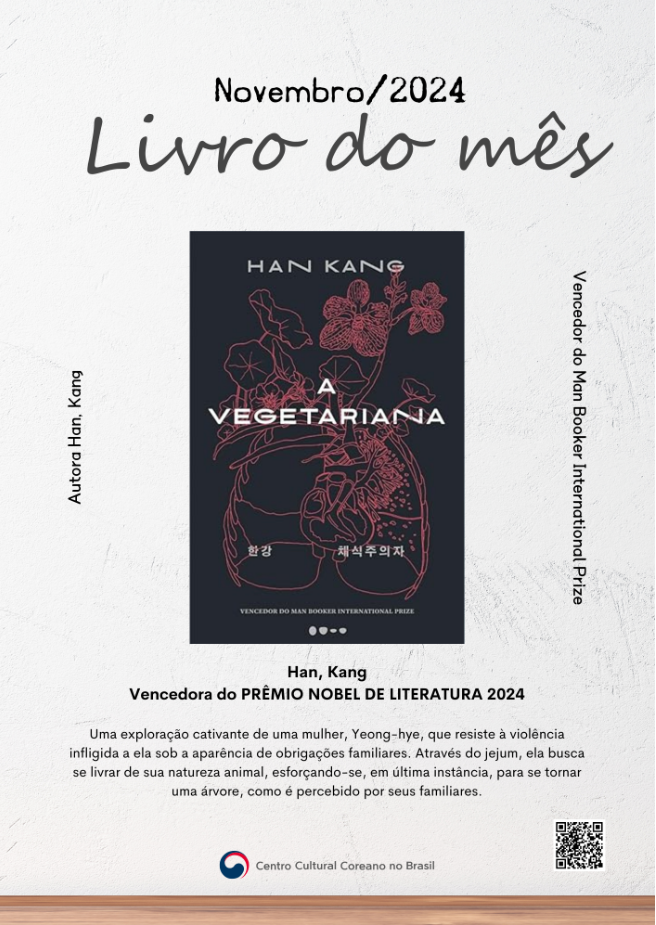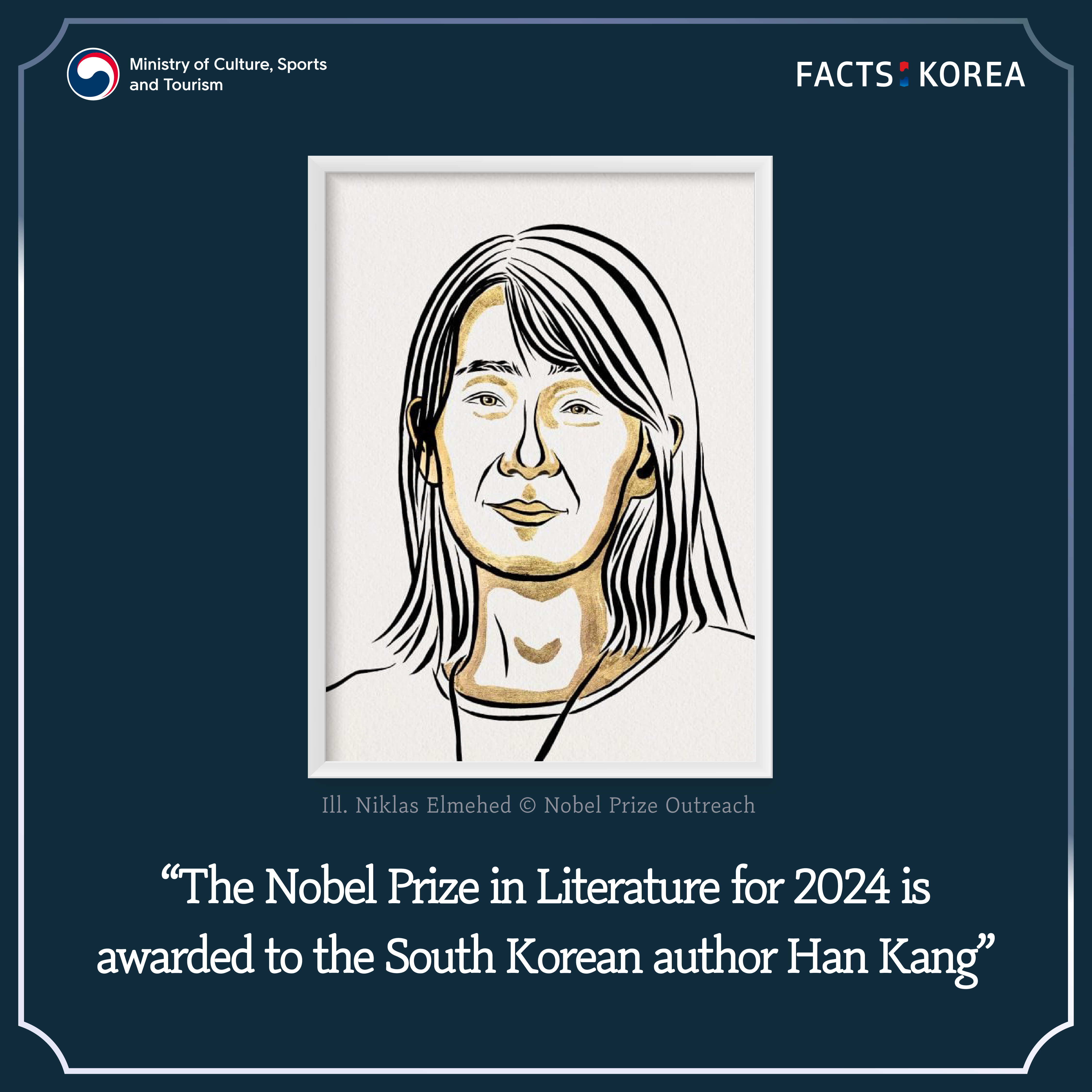
[ABOUT THE AUTHOR]
Han Kang was born in November 1970. She graduated in Korean Literature from Yonsei University and, in 1993, published her first poem in the magazine Literature and Society.
The author has been awarded several prestigious prizes, including the Manhae Prize, the Hwang Sun-won Prize, the Dongri Prize, the Yi Sang Prize, the Today’s Young Artists Award, and the Korean Literature Prize. Her work The Vegetarian, published in 2007, received positive reviews in the press, including a mention in The New York Times about its English version, and won the International Man Booker Prize in 2016, which heightened both national and international interest in her writing, which explores themes of violence and human dignity.
The translation rights for her work Human Acts, which also won the Manhae Prize, were sold to 20 countries, bringing new vitality to Korean literature. In 2023, her novel Do Not Bid Farewell won the Médicis Prize for Foreign Literature, one of France’s four major literary awards. In 2024, she became the first Korean writer to receive the Nobel Prize in Literature.
Information provided by Kyobo Book Centre.
[KOREAN PUBLISHER'S REVIEW]
The painful coexistence of violence and beauty
The power of Han Kang’s works continues to be reinterpreted.
The Vegetarian, first published in 2007 by Changbi Publishers, quickly won readers worldwide. By 2010, the work had been translated and released in countries such as Japan, China, and France. In 2015, the English version was released by Portobello Press, attracting significant public attention and ranking among the top 10 bestsellers in fiction at Foyles Bookstore in the UK.
In 2016, the American edition, published by Hogarth, received acclaim from major outlets like The New York Times and The Washington Post. Publishers Weekly highlighted the novel as the most anticipated book of spring 2016, leading to an overwhelming success and culminating in the prestigious International Man Booker Prize.
The narrative unfolds in three parts. In the first part, we follow Yeong-hye, who is marked by a childhood trauma after killing a dog that bit her. This event leads her to decide not to eat meat, a choice that causes discomfort and confusion in her family. The tension escalates during a housewarming party at her sister’s house, where her father-in-law tries to force her to eat meat, resulting in a desperate act: Yeong-hye cuts her wrist.
In the second part, “Mongolian Spot,” the story is told from the perspective of In-hye’s husband, Yeong-hye’s brother-in-law, and a video artist. After discovering that Yeong-hye still has a Mongolian spot on her skin, he develops a desire for her. When he invites her to model for his artwork, their relationship becomes complicated when he paints flowers on his own body and ends up having an intimate encounter with Yeong-hye, which is discovered by his wife the next day.
Finally, in the third part, “Wooden Fire,” In-hye narrates her struggle to care for Yeong-hye, who has become an outcast in her own family. In a critical condition, Yeong-hye stops eating and even rejects intravenous fluids, becoming as thin as a branch. In a revealing moment, she declares that she intends to transform into a tree, symbolizing her rejection of meat and her desire to break free from the cycle of violence, seeking an innocent existence.
In a new introduction to the revised edition, the author reflects on her complex feelings about the book, stating: “Now that my hair has turned gray and my mind is clearer, I feel capable of embracing this novel, which remains filled with pain and vivid questions.”
With publishing rights acquired in over 40 countries, The Vegetarian has also been adapted for the stage. In September 2024, the play was performed by the National Theater Company of Korea, with plans to bring the production to international audiences in December at the Liège Theater in Belgium.
Information provided by Kyobo Book Centre.
[NOBEL PRIZE]

The Nobel Prize, established in 1901 with funds from the inheritance of Swedish chemist Alfred Nobel (1833–1896), is awarded to individuals or organizations that have contributed to the well-being of humanity. The prizes are given in six categories: Literature, Chemistry, Physics, Physiology or Medicine, Peace, and Economics.
On October 10, 2024, the Swedish Academy announced that the Nobel Prize in Literature would be awarded to South Korean writer Han Kang. The Academy stated that the choice was based on her "intense poetic prose that confronts historical trauma and reveals the fragility of human life." This is the second Nobel Prize awarded to a South Korean, following former president Kim Dae-jung, who received the Peace Prize in 2000. It is also the first time a South Korean has won the Nobel Prize in Literature. Additionally, Han Kang is the first Asian writer to receive this honor, and it is the first Nobel Prize given to an Asian writer since Chinese author Mo Yan in 2012.